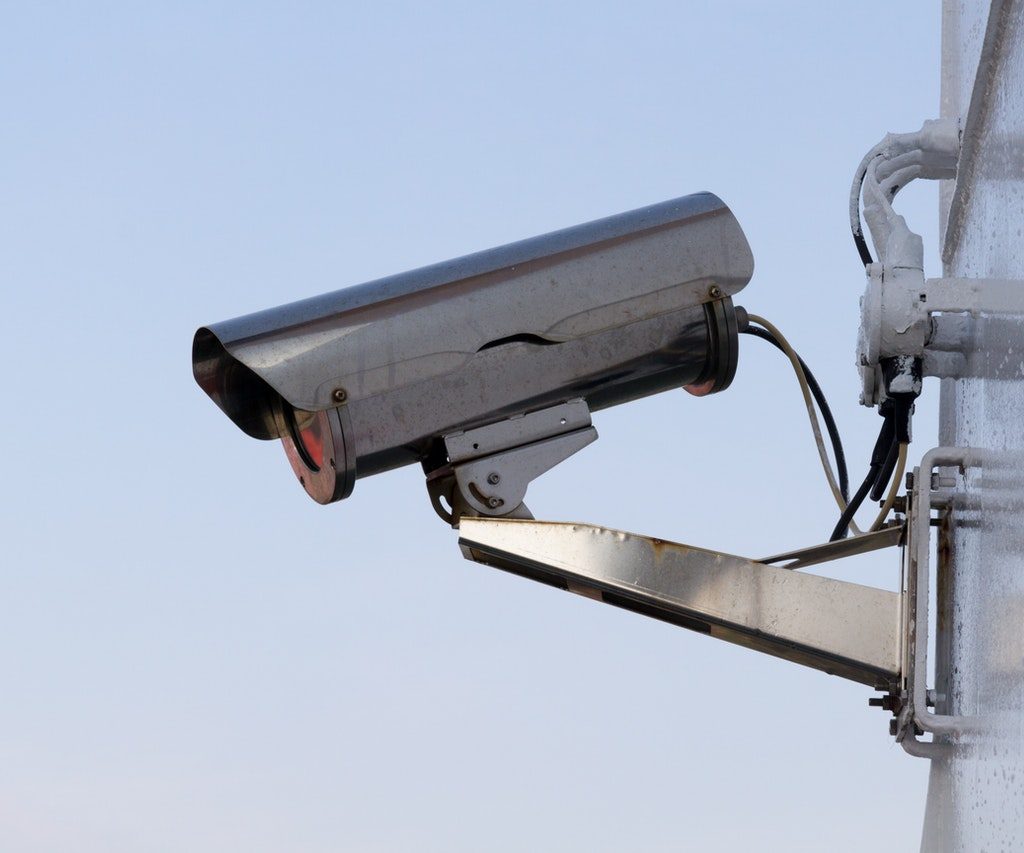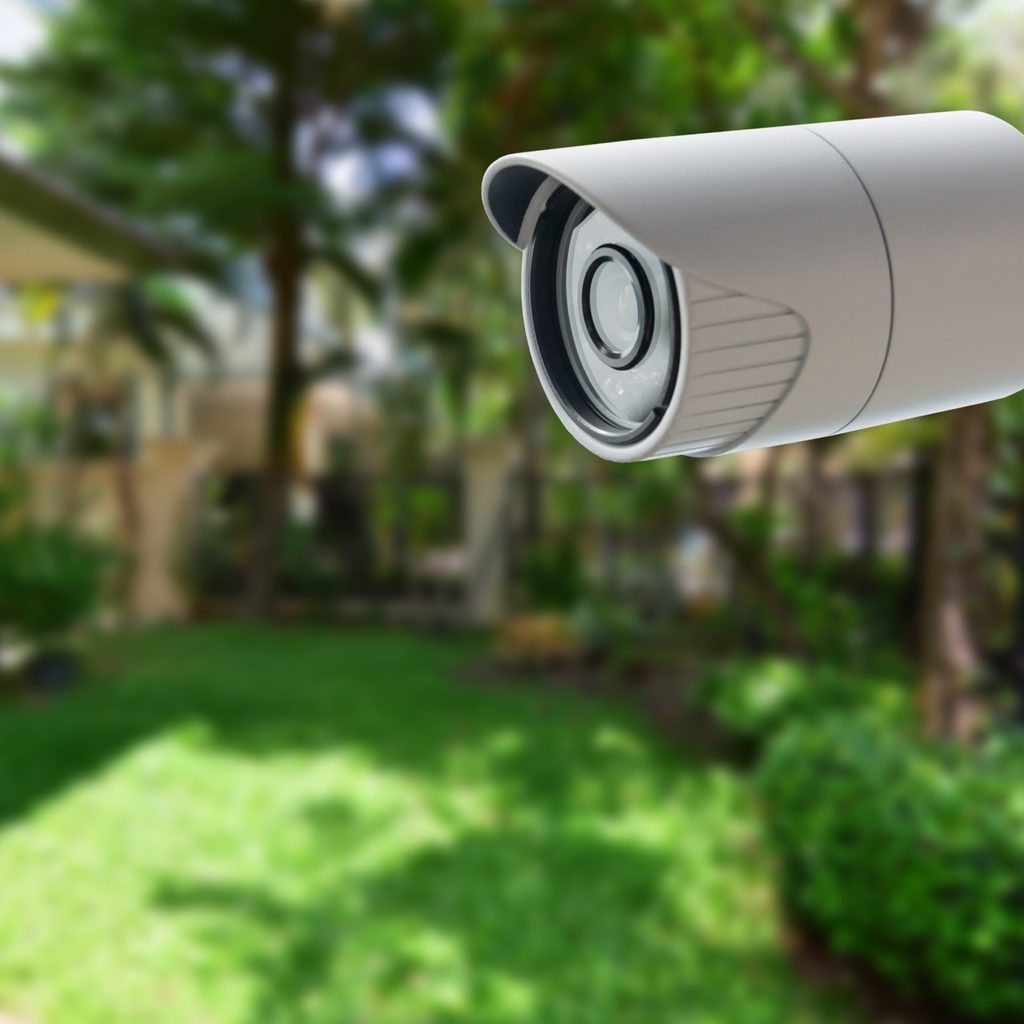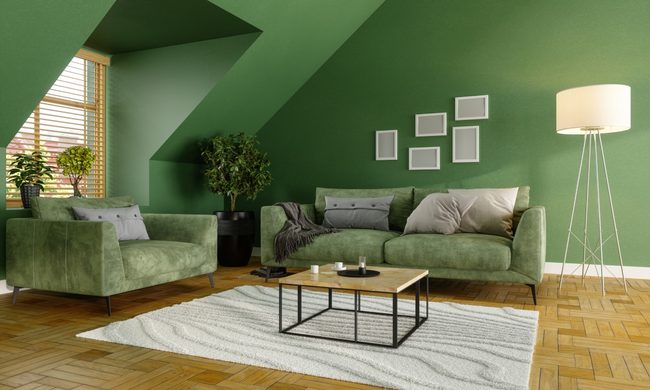With our homes becoming smarter and home security becoming tighter, home security cameras are becoming more common. Entryway cameras, doorbell cameras, and even nanny cameras are widely used in our society. This increase in security measures begs the question, what are the home security camera laws you need to know? It’s reasonable to do some research concerning surveillance laws before installing them in and around your home.
Is it legal to install surveillance cameras at home?
According to federal law, it is certainly legal to install cameras in and around your home, and they can be either hidden or in plain sight. There are, however, some restrictions. The most important thing to remember when you’re considering installing home security cameras is that you cannot infringe on another person’s right to privacy, as this would be in violation of security camera privacy laws.
Areas where video surveillance is off-limits
People have the right to privacy when they are in rooms where privacy is reasonably expected, even if they are in your private dwelling. Avoid installing cameras in bedrooms, bathrooms, shower rooms, and changing areas, as these are areas in your home where people can legally expect privacy.
If you are looking to install nanny cams or even a camera that points toward your bedroom’s safe, for example, you will want to be very careful where you are placing them as to avoid invading the privacy of another person.
Privacy laws regarding outdoor cameras
Entry cameras and doorbell cameras are a hot commodity nowadays. They are great security tools to monitor packages delivered or even to check who is at your door. There are some things to keep in mind, however, when you are installing these cameras.
Keeping in mind that you cannot legally infringe on the privacy of others, you’ll want to be sure your camera is not pointing onto your neighbor’s property. While capturing portions of their exterior may be acceptable, it is not permitted for you to have a camera pointing into another person’s home through doors or windows.
If capturing your neighbor’s property on your exterior camera will be unavoidable, it’s a good idea to inform your neighbor that you are installing the recording device. That way, they can make adjustments on their property, if necessary, to block your camera’s view and ensure privacy.

Different laws for audio vs. video recordings
Laws are fairly general when it comes to video recordings. You can generally record video without the consent of the video’s subjects, both in public places as well as private dwellings, as long as it’s not in an area where privacy is reasonably expected.
When it comes to audio recordings, however, laws are a bit more strict. United States Code, Title 18, Section 2510 states that anyone being audio recorded must understand that they are being recorded and consent to such recordings. This means that you cannot install hidden audio devices to capture audio recordings without the subject’s knowledge. You may also want to consider steering clear of video cameras that also capture audio.
Some states require all parties to consent to audio recordings. Other laws require only one party to consent, so you may be able to legally record an audio conversation if you are a party to it. However, always check your state and local laws regarding one and two-party consent.
State laws, local laws, and community regulations
While we have reviewed some overarching federal security camera privacy laws, understand that you are also subject to state and local privacy laws in addition to any specific community regulations. State and local laws do vary when it comes to surveillance regulations. If you live in a private community, your homeowner’s association or other authoritative organization may have restrictions when it comes to exterior home security cameras.

Registering your home security camera
Depending on your state or local laws, you may need to register your security camera with local authorities. Some areas require registration to be logged by the security company installing the camera, others require the homeowner to register, and some require no registration at all. Check with your local municipality to be sure you are complying with any home security registration laws.
Your home’s security is no joke, and it should not be taken lightly. If you feel that having security cameras installed in and around your home will give you peace of mind, you have the legal right to do so. However, be sure that your right to security is not infringing on another’s right to privacy. Following security camera privacy laws closely will prevent future issues with fines, legal fees, and even civil lawsuits. Keep your home safe and your future secure by adhering to federal, state, and local surveillance laws.




